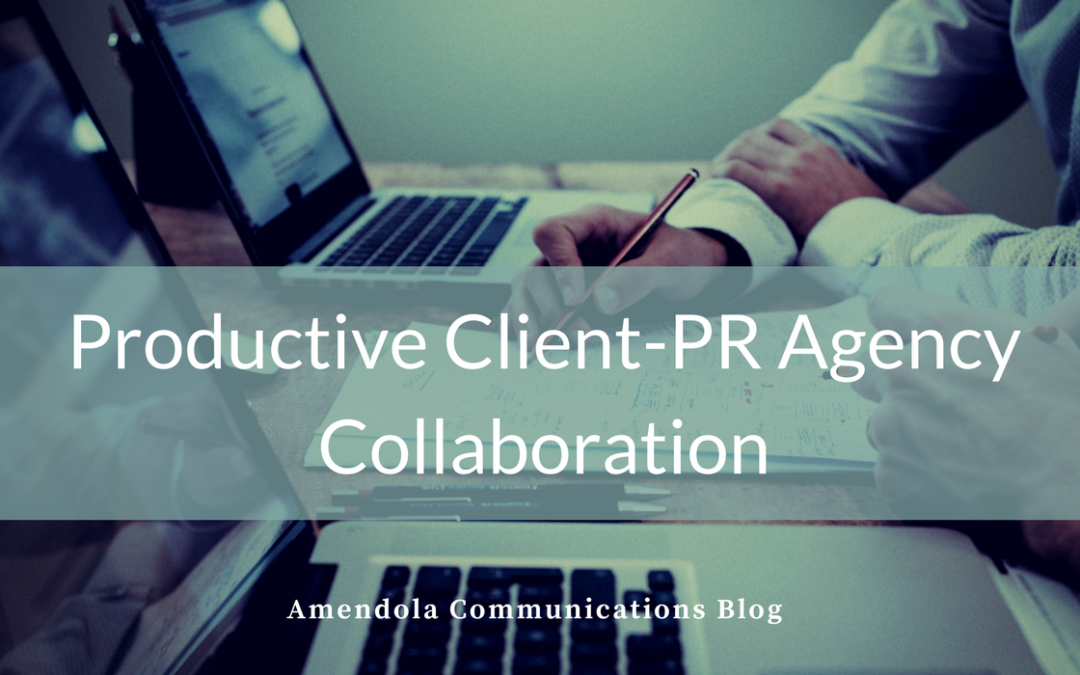
Help Us Help You: Building a Successful PR Partnership
A strong partnership with a public relations (PR) agency offers numerous benefits to companies by generating attention and interest that draws in new employees, industry partners, and, most importantly, customers.
More and more companies are realizing the value of PR, as globally the PR market is expected to grow to more than $133 billion by 2027. In the U.S., demand for PR specialists is predicted to grow by about 6% by 2032 (faster than average), according to BLS.gov.
However, achieving stellar PR results requires some upfront efforts to ensure the alignment of goals and objectives between the client and the PR agency. The best PR agency–client relationships are characterized by collaboration, respect, unity, and a mutual understanding of the end goals and expectations.
Following are some tips for successful PR partnerships:
Establish a single source of contact: Designate a dedicated liaison who is accessible and responsive to requests for data and media interviews. The ideal partner shares information on company activities and news proactively and views the PR agency as a partner, not a vendor.
Know your people: Draw up a list of spokespeople, including internal executives and customers who will sing your praises, who can participate in media opportunities, as well as the specific topics they prefer to focus on. When it comes to healthcare media relations, it’s always best to lead with a provider customer than a solution provider.
Create the culture: The brands that realize the most value from PR have established a company culture that encourages adoption of new concepts and strategies. An essential component of this is a leadership team that sees the value of PR and its important role in the marketing mix to drive credibility, recognition, and brand awareness, as well as fueling ongoing online content marketing across integrated PESO (Paid, Earned, Shared and Owned) channels.
Develop a social plan: Social platforms such as LinkedIn offer another avenue beyond traditional media for brands to establish thought leadership and contribute to relevant industry conversations. To get the most out of social media, develop a written social media strategy and guidelines (we can help!) about having an active presence on relevant platforms. It is also a big help to have an executive team and employees who are — or willing to become — social media apostles.
See the big picture: Generating the media interest that will lead to valuable coverage and market attention doesn’t happen overnight. It’s important for clients to have a company-wide understanding that PR is not a “project,” but rather a process that should be integrated into every function of the organization from marketing and sales to product development and human resources.
Other factors that set the stage for a productive PR partnership include having a clear brand voice and message strategy, an optimized website, and a customer relationship management tool with a solid process in place for managing leads. (If you don’t have any of these, we can help get you there!) Ultimately, like all relationships, the PR agency–client partnership is all about taking the time to clearly communicate and understand each other to establish productive and positive collaborations.


